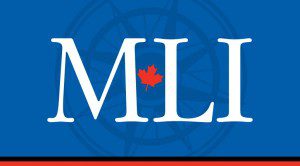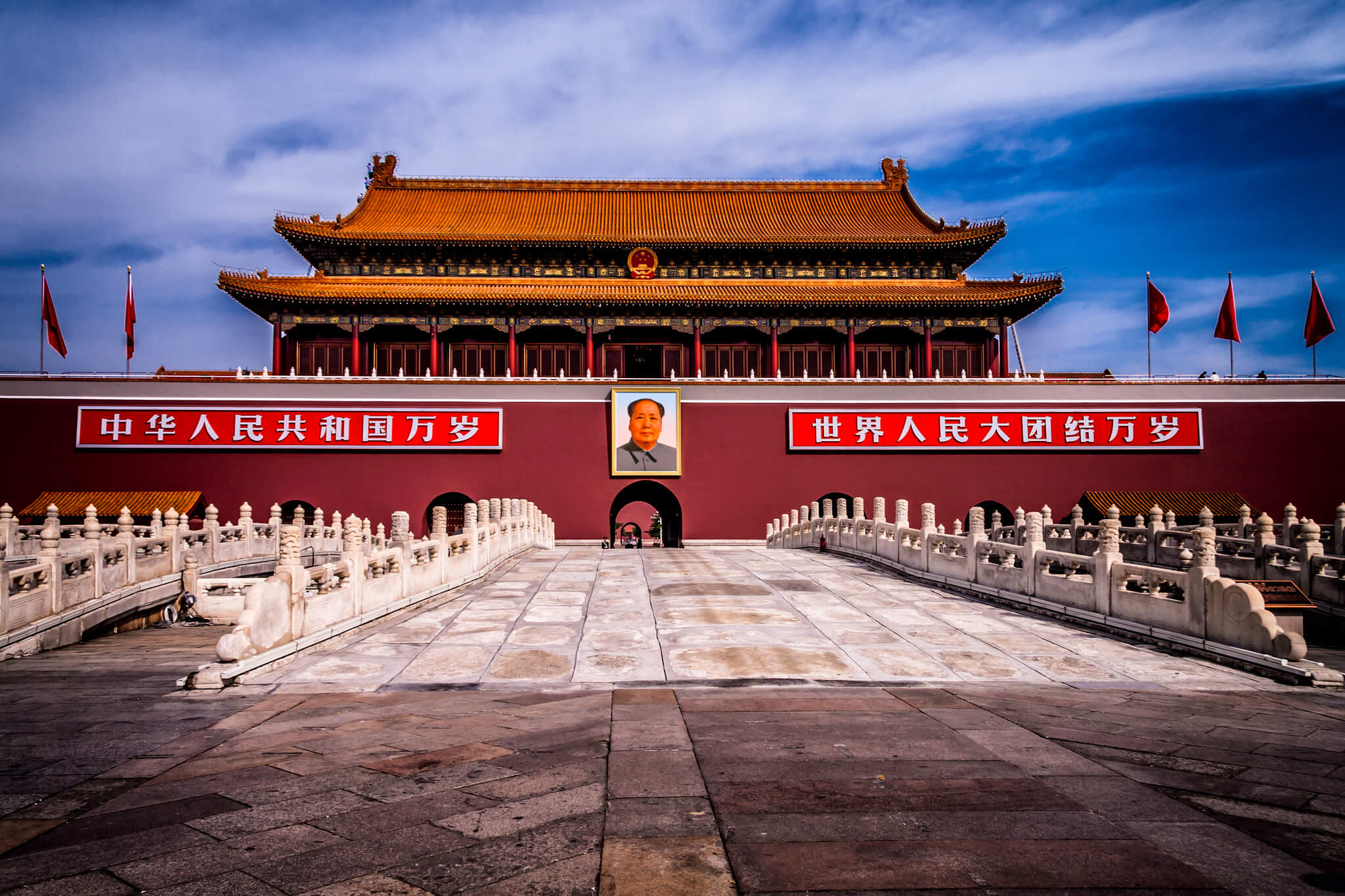 Implementing the vision of UNDRIP is vital, but Bill C-262 needs improvement, write Dwight Newman and John Major.
Implementing the vision of UNDRIP is vital, but Bill C-262 needs improvement, write Dwight Newman and John Major.
By Dwight Newman and John Major, June 10, 2019
Bill C-262, a law that would launch a process to harmonize Canadian laws with the United Nations Declaration on the Rights of Indigenous Peoples (UNDRIP), is currently before the Canadian Senate. It has been inspired by and pursued with very laudable intentions. It sets Canada on a path toward implementing UNDRIP’s important affirmation of Indigenous human rights.
But C-262 risks getting caught up in the rush of bills that need to be passed before the legislative session ends because of the impending federal election, and there are some flaws that need careful and patient amendment. The fact that the Senate committee has only heard testimonies from a very small number of witnesses – with the last day of witnesses cancelled, stalling the committee’s efforts to proceed – makes this risk seem all the higher. Senator Lillian Dyck, the chair of the Senate Aboriginal Peoples committee, said the bill is in “grave danger” of dying on the floor.
This is very unfortunate. Legislators need to clarify and amend important parts of it to avoid serious and potentially wide-ranging unintended effects on Canadian law. And since acts of Parliament are the most formal expression of the will of the state – they must have due regard for historic precedent, drafting approaches that avoid ambiguity and vagueness, and legislative conventions (there are, for instance, inconsistencies between the English and French versions) – C-262 needs to be clearly understood by the public, members of Parliament and the Senate. Some of the public statements being made around the bill suggest that this is not currently the case.
Section 3 of Bill C-262, which states that UNDRIP is “hereby affirmed as a universal international human rights instrument with application in Canadian law,” could have unpredictable effects. The particular legal language here is unprecedented in the operative section of a Canadian statute. The way that it is ultimately interpreted can’t be known, but it could have unexpected effects of invalidating parts of other Canadian laws. The language would be better placed in a preamble.
Section 3 is also not clear on whether the bill is about a gradual process of implementation, or if it causes UNDRIP to have immediate effects in Canada. Its phrasing in the present tense seems to imply it would have immediate effects on Canadian law, far from the nature of the rest of the bill, which appears oriented to a gradual implementation of UNDRIP, and seemingly contrary to how the bill’s proponents have spoken of it.
Over the past 15 years, Canadian courts have developed a well-defined body of law on the duty to consult and accommodate Indigenous communities, all deriving from Section 35 of the Constitution. These legal doctrines affect major project decisions involving Indigenous communities. Sections within UNDRIP obligate states to consult with Indigenous peoples to obtain their free, prior and informed consent (the so-called FPIC provision). However, this term has multiple interpretations in international-law discussions and continuing differences around what decisions it would apply to. If Bill C-262 implements UNDRIP, Parliament must be absolutely clear on what these words mean.
Clearly, some changes need to be made to the bill. The Senate should consider removing section 3 of the bill or placing the same language in the preamble; this language does not belong in the operative sections. The Senate should also adopt amendments that clarify C-262 does not disrupt our body of law on section 35 aboriginal and treaty rights. The Senate should also adopt a clear definition of FPIC in the law. Legislative drafting specialists need to resolve the linguistic inconsistencies in the current bill. Finally, because of its wide-ranging impacts, it should be a bill examined by not just one Senate committee, but a number of Senate committees whose areas could be affected.
Implementing the vision of UNDRIP is vital, as is the longer-term work to carry out various aspects of that, but Indigenous Canadians and non-Indigenous Canadians both deserve better than a bill with overlooked flaws passed in haste. Bill C-262 needs improvement, and parliamentarians have work to do to fix it.
Dwight Newman, QC, is a Macdonald-Laurier Institute Munk Senior Fellow and Canada Research Chair in Indigenous Rights in Constitutional and International Law. John C. Major is a former justice of the Supreme Court of Canada (1992 to 2005) and currently counsel to Bennett Jones.





